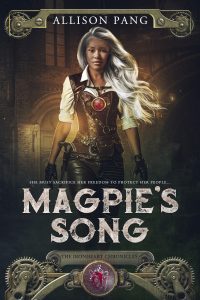One thing that I seem to have discovered about the pubbing process is that there are very few straight answers to anything. Everyone has their own opinion, and they can vary pretty widely. Take Query letters, for example. Most people agree that as long as you do this, you’re already heads above people who don’t:
1) Use complete sentences
2) Address the agent/editor correctly
3) Follow submission guidelines
And I believe that is true. I’ve been trolling a lot of agent blogs in the last few months and most of them say the same sort of thing. The idea here, of course, is to make things easier on the agent. The more difficult your letter is to read, the greater chance it’s just going to be rejected outright. The thinking being that if the author can’t even bother to follow directions for a simple query letter, what are the chances of them being good to work with? Makes sense to me. What isn’t as clear is just what makes a *good* query letter.
Trying to condense a 100k novel into one or paragraphs feels pretty daunting, more so when those paragraphs have to actually make sense, and to hook the agent without giving everything away. (Because if they already know what happens, why would they want to contact you to find out what happens next?)
Assuming you can do that, then you’ve got the extra bits to tack on to the end (or beginning, depending on how you write it) – the title, the word count, who you are and if you’ve been published before. This seems like a crap shoot to me, as I’ve heard a fair number of rumors that some agents just blip right down to that part and if you haven’t been pubbed before it’s pretty much an instant rejection. Seems unfair, but there it is. On the other hand, often times the agent wants you to submit a few pages along with the query – many of them skip straight to those, and one would hope that if the writing is strong, that might be enough for the agent to overlook a weaker query letter.
And then you get to the writing credits. Have you won or finaled in any contests? That should probably go in there (although I’ve also heard from a number of pubbed authors that contest wins made no difference to their ability to get an agent, so who knows?). Are you self-pubbed? Don’t put that in there. Regardless of how good your writing is, there’s still a major stigma to self-published books – and self-pubbed/vanity presses aren’t considered the real thing.
And what if an editor has already requested a full? Do you mention that? I polled a fair number of people and the answers were very mixed, so I suppose you have to use your own discretion here. Some people said absolutely and others said not to unless you actually have an offer on the table. Confusing, for sure.
Chicken or the egg. Do you get an agent first? Or submit to publishers first? Is it better to come to an agent with an offer in hand? Again, the answers vary, depending on personal experience. Many agents don’t want to take on a manuscript that’s already been shopped around too much – if you’ve already been rejected by a House, then it really can’t be submitted again, unless substantial editing has been done. What I do know is that if you do get an offer from a publisher, don’t sign it until you have an agent (assuming you want one). Once you’ve signed that contract, the agent can’t actually do anything for you at that point, (or not much), so you run the risk of losing rights, or making less money, among other things.
Still, so much of the query letter process seems horribly random – what kind of mood is the agent in when they read it, for example. Pitching in person is pretty damn stressful, but at least you know right off the bat if the agent/editor wants more – they tell you to your face and you’re on your way. Letter writing is a waiting game…but then, so is the entire publishing process. So hurry up and wait, eh? Or send out the letters and start writing the next book.



